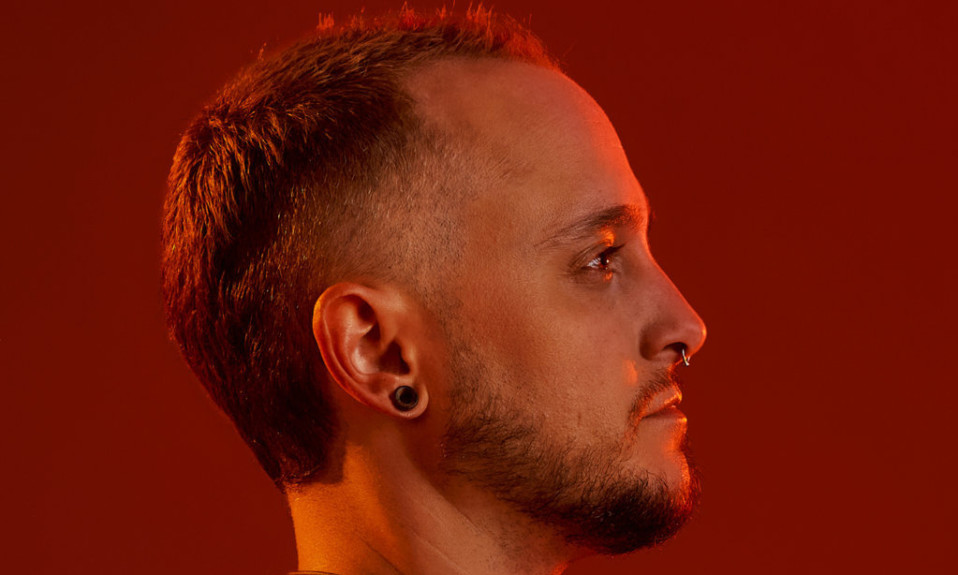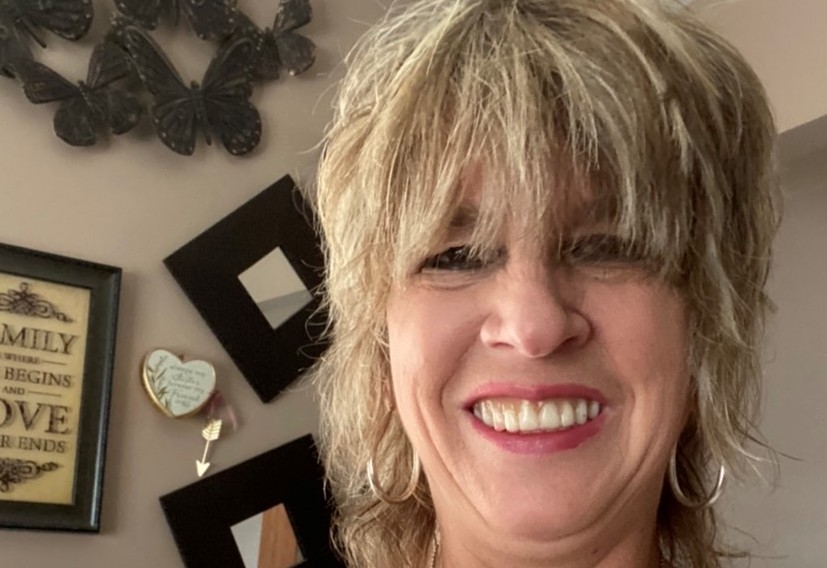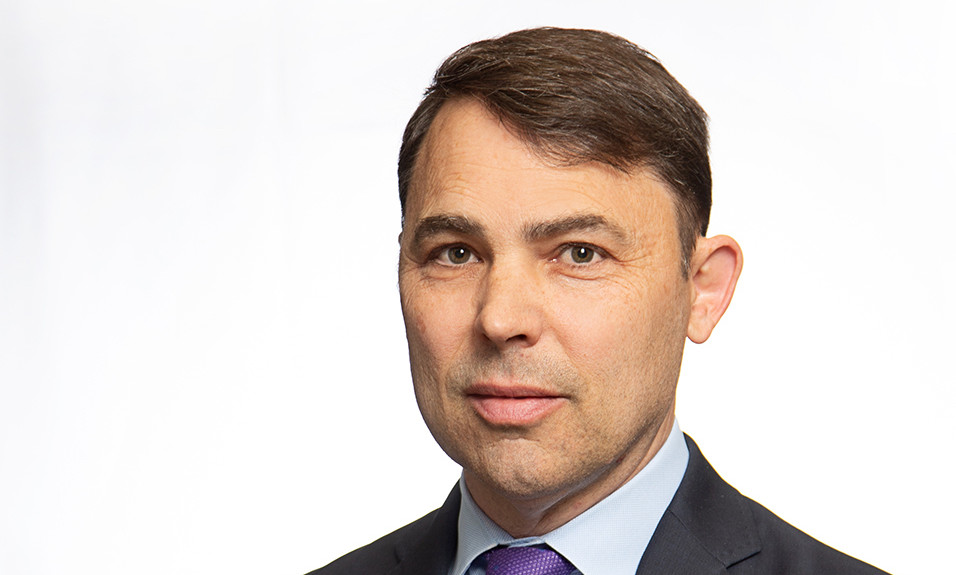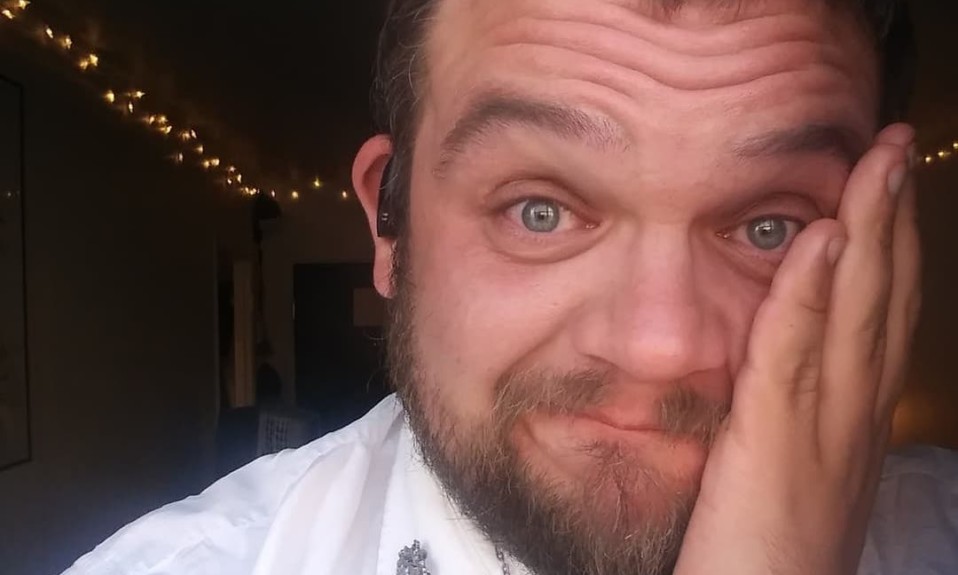Once Lars accepted who he was—a transgender person—he was able to shed a destructive lifestyle centered on self-medicating
Editor’s note: “The Turning Point” is a column focused on the moment or moments when our subjects realized they needed to seek addiction treatment.
By Veronica L. Holyfield
“I was more self-medicating than anything else,” Lars admits about his use of substances. “The majority of why I used was because I always knew I that I was transgender.”
Lars grew up in a Catholic household—nothing that would be considered outside the “norm” of middle America. His parents weren’t daily drinkers, and he wasn’t exposed to their relationship with alcohol apart from their occasional overconsumption. The memory that stands out most for him from his childhood is the battle he was fighting internally. Without having the language and understanding to express that he was trans, he would fight back against wearing stereotypical girls’ clothing, and he felt dismissed and rejected.
From Alcohol to Opioids
When he tried alcohol in the seventh grade, he found relief and fun, but things quickly grew out of control. In high school and into college, Lars was a daily drinker. Around the time he turned 20, he required surgery from multiple sports injuries he had suffered. In the aftermath, he was prescribed opioids to manage his pain. His doctor continued to prescribe refills of his pain medications, and Lars certainly didn’t object. He enjoyed how they made him feel. It was then that his addiction to both alcohol and opioids took him into a downward spiral. After a while, his doctor cut him off from the opioids, and Lars knew he needed to make a major change in his life.
I had a 104-degree fever; I had chills; I was seeing things on the ceiling; I was having tremors and throwing up. The whole thing was very bad.”
—Lars
At the age of 21, Lars first attempted a break from substances. Although he planned simply a hiatus of a few weeks as opposed to complete sobriety, his severe withdrawal symptoms convinced him that he was a person who had a serious problem with drugs and alcohol. “I had a 104-degree fever; I had chills; I was seeing things on the ceiling; I was having tremors and throwing up. The whole thing was very bad,” he says.
While he concedes now that he should have been medically supervised during that withdrawal episode, the experience instilled enough fear in him that he sought help for the first time, entering an outpatient program and then bouncing in and out of sobriety. By now, he was in a serious relationship with a significant other.
Even though his partner knew he was trying to be sober, he felt pressured by her to go out and drink. He ended up completely caving one night and was off to the races again in what would become a four-year relapse revolving around opioids, MDMA and alcohol. He wanted off the hamster wheel of substance misuse, but he was still hiding his trans identity to himself and everyone else, and he didn’t know how to stop the self-medication.
The Turning Point
“It was Fourth of July weekend, and I was using opiates and heavily drinking that day, he says. “I got in the car to drive home, and I ended up getting arrested for aggravated DWI and possession, and I had to spend the night in jail,” Lars says.
Thoughts began racing through his head as he sat in that cell. “I was pretty upset, sad and disappointed, but at the same time, there was a sense of relief, because at that point of my usage, I wanted something to happen,” he says. “I had already known how bad my addiction could be. I wanted to stop, but I couldn’t. That was my turning point—when I got arrested and was thinking to myself, I want out as trans; this is what I have to do. Come out and start the process.
It was life or death at that point, and if I didn’t [get sober], I was going to end up killing myself, whether it was drugs or suicide. I had to fix things inside me first in order to succeed at being sober.”
—Lars
Lars attended court-mandated drug and alcohol rehab, and it was in that LGBTQ-affirming treatment center that he met a counselor and team of clinicians who were very supportive of his early stages of coming out. It was the positive experience he needed in order to be certain that this was the right move forward for him—for his life and for his sobriety.
Now with more than six years in recovery, Lars says that community plays a large role in keeping him on track. Connecting with other sober people, participating in group sports activities at The Phoenix, and leaning into the support of his wife are all pivotal to his recovery. And it all goes back to a moment when he realized recovery was not only necessary but possible—and something he wanted.
“For me, that turning point was realizing I was transgender, and that in order for me to stay sober, I had to come out as trans,” he says. “It was life or death at that point, and if I didn’t do it, I was going to end up killing myself, whether it was drugs or suicide. I had to fix things inside me first in order to succeed at being sober.”













